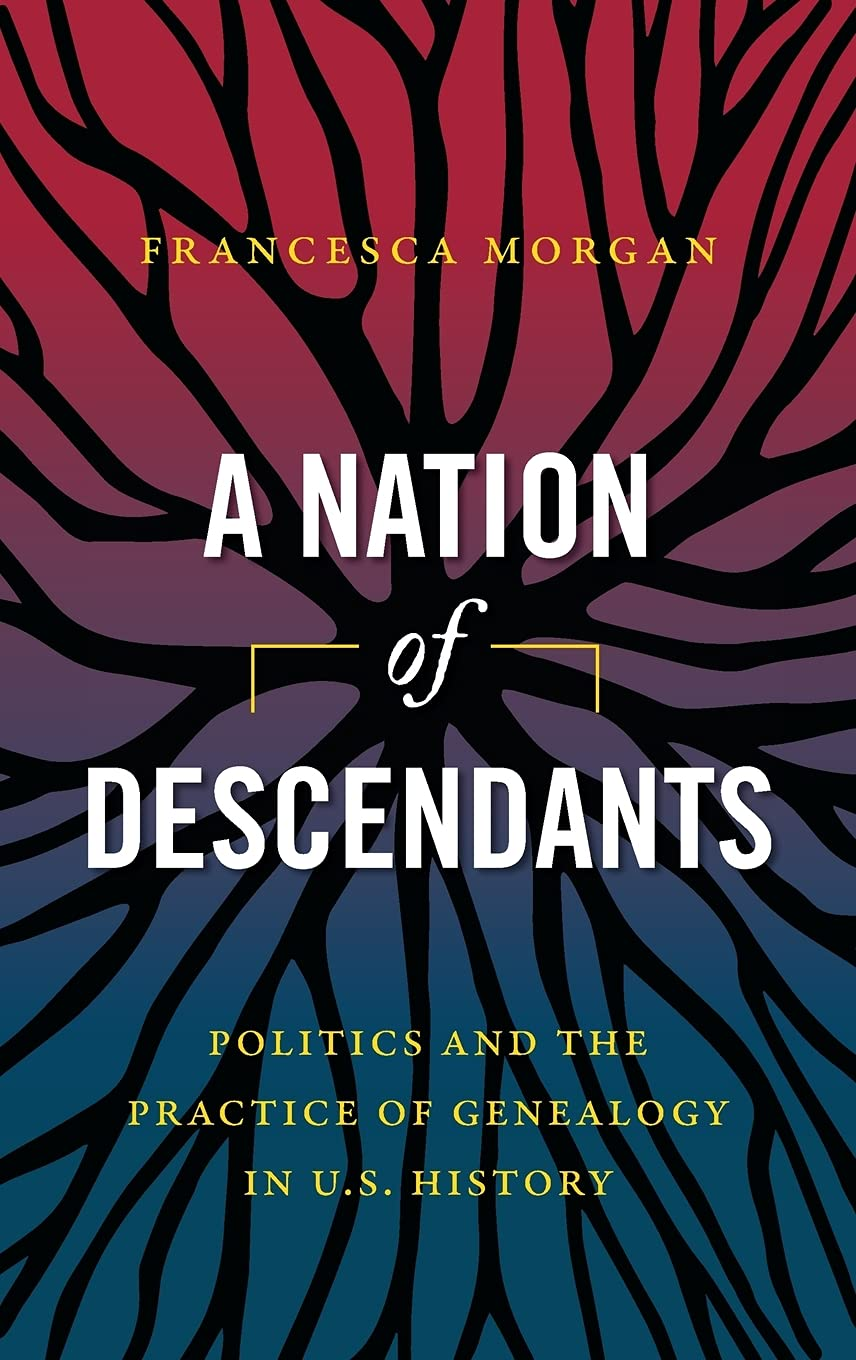Although actual genealogical practice in the United States was neither driven by nor mobilised for repression, Morgan is onto something. What accounts for its remarkable expansion over the past two centuries and especially in the last decades? A necessary if not sufficient condition is what seems to be an irreducibly human need to tell stories about origins: of gods, of nations, of families, of ourselves. We can’t bear to come from nothing. We come from the dead, from our dead, in whatever mysterious ways we imagine that bond. Genealogy is a form of communion with those we take to be ancestors.
The intellectual history of the idea of kinship itself might go some way to explaining the rise of popular genealogy in the 19th century. As divinely ordained order was displaced as an explanation for the organisation of the world, the study of kinship became a central project for the founders of a new discipline: anthropology. Johann Jakob Bachofen’s enormously influential 1861 book, Mutterecht (Mother Right), which argued that early human societies were matriarchal, found echoes in Engels and Lewis Henry Morgan, and in the 20th century in Freud and Lévi-Strauss. Kinship became a model for society.
The 19th-century cultural history of the dead might also figure in any explanation. The monumental Mormon enterprise began in 1840 in Nauvoo, the town in Illinois in which the early Mormons had taken refuge. Their founder, Joseph Smith, was preaching a funeral homily based on Paul’s First Epistle to the Corinthians about redemption and resurrection and the conquest of death through Christ. In the middle of his sermon, he noticed a widow in the audience whose son had died unbaptised and therefore was presumably unredeemed. Smith veered from his text, spoke about the boy, and began to expound on an obscure and much debated text: 1 Corinthians 15:29. ‘Else what shall they do which are baptised for the dead, if the dead rise not at all? Why are they then baptised for the dead?’ Smith’s revelation is historically rooted. It came at a time when the spirits of the dead began speaking in the ‘burned-over district’ of New York State where the Mormons had their origin (‘burned-over’ because of the fervour of the religious revival); at a time when the names of the dead began to fill the cemeteries that came to replace churchyards, in which only a very small proportion of the dead had been identified; at a time when relics of the dead – rings, hair, photographs – became ever more precious.
